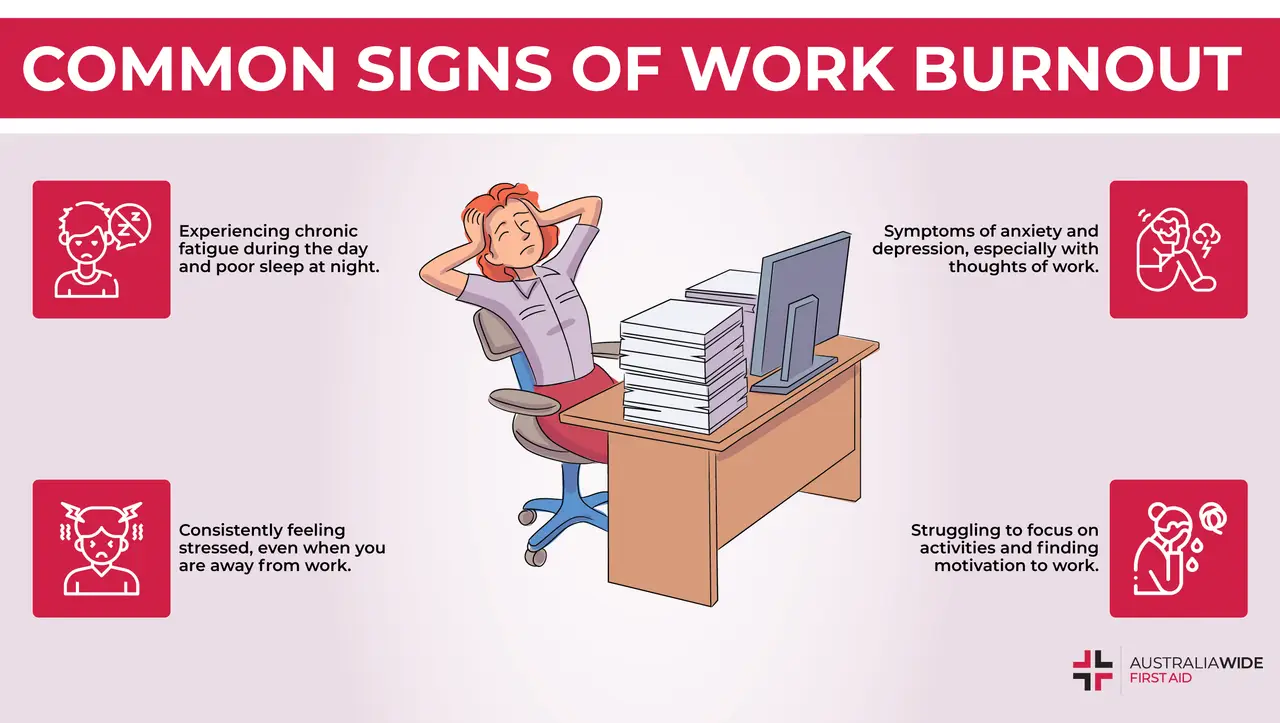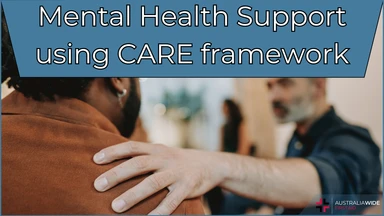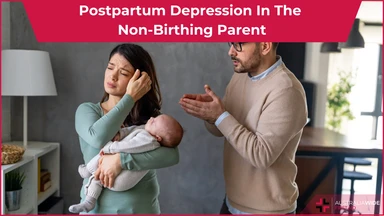How to Beat Work Burnout and Strike a Better Work-Life Balance


Have you ever wondered about how to strike a better work-life balance?
Striking a good work-life balance can seem challenging, especially with more and more of us working ever harder to make ends meet and keep up with expectations.
However, this shouldn’t be something that leaves you feeling burned out and run down, which is why we have outlined some of the key things you need to know on how to beat work burnout as follows. Hopefully, this will help you find that happy medium with a good work-life balance.
Before we go further, we should first start by defining what work burnout is. Work burnout is a condition that arises after working yourself excessively hard, placing a great deal of mental (and potentially physical) strain on your body. Work burnout makes managing your day-to-day activities and your work life substantially more difficult.
Some of the most common signs that you are experiencing work burnout may include:
These are all common signs of work burnout that you may notice. While these may not all seem as severe as others, it’s important to keep in mind that work burnout can rapidly lead to further complications, which may put your health at risk.
A mild case of work burnout likely won’t do too much long-term or severe harm if addressed quickly. However, the complications of work burnout can become more severe over a longer duration of time. Some of the most common complications of work burnout can include insomnia, high blood pressure, heart disease, type two diabetes, and a weakened immune system.
Furthermore, it’s worth considering that work burnout may increase your risks of turning to unhealthy alcohol consumption habits to overcome the stress, which can give rise to numerous complications in its own right.
The complications and side effects of work burnout can obviously be severe, which is why it’s important to prevent and overcome it. However, preventing work burnout and striking a better work-life balance is absolutely possible with a few simple lifestyle changes.
But, if you find that the following don’t necessarily fix your situation, you may need to consider making a larger lifestyle change. These might include returning to the office to get back to a normal routine or switching to a more manageable job.
One of the most crucial things you should do to begin managing your burnout is to focus on a daily basis and make a plan. Outlining the basic requirements you need to complete for that day is a good way to help you structure your day, giving you something to work towards as well. In turn, this may make it easier for you to focus on the tasks at hand.
If you’re feeling overburdened with your work, considering the different tasks you have and prioritizing the most important is a vital step to take. Then, for jobs that are less pressing, it’s worth considering whether you might be able to get a short extension on these and how an extension may impact your following day’s work too.
We’re all just human, and there’s only so much we can do alone. With this thought in mind, if you are completely swamped by work and can’t see a way to juggle your time to get back on top of it, asking your colleagues and coworkers for help can go a long way.
Even help with ten minutes’ worth of work can add up to an hour or so saved over the course of the week; every little change can make a big difference to your workload.
Did you know that leading a healthy lifestyle is an effective way to start combatting your burnout? Not only can this help you feel more positive about yourself and your lifestyle, but it’s also highly effective for boosting your mood.
A common complication with work burnout is suffering from depression and a low mood; however, taking steps toward a healthier lifestyle are well known ways to combat this.
Furthermore, incorporating gentle exercise into your routines – such as going for a walk, bike ride, or gentle jog – can release endorphins, which are highly effective for boosting your mood and helping you feel more optimistic accordingly.
If you notice that you’re starting to feel stressed or overwhelmed, trying to fight through it will likely only leave you feeling worse. Instead, take a moment to stop, breathe, and practise some basic mindfulness until you begin to feel on track and at peace again.
Stopping the stress as soon as possible is far more effective than trying to push through it and getting overwhelmed. If you need to take a few minutes out to do this in private, it’s worth it; even just taking a breather in the toilets or locker room could help.
As part of tackling your burnout, making time for yourself is an absolutely vital step. Not only can this give you the chance to relax from the rigors of a long and stressful day, but it also gives you something to work towards during the day. In doing so, making time for you allows you to work more productively overall, which can allow you to optimize your working time – reducing the workload you’ll have to face the next day.
If you think that you and your friends, family members, or colleagues may have been suffering from work burnout, getting back to a good work-life balance is crucial. Luckily, this doesn’t have to be an impossible goal with a few simple lifestyle changes.
However, in the meantime, ensuring you know how to treat the potential complications of burnout is vitally important. And attending one of our first aid courses is the perfect way to find the knowledge you need to keep everyone safe during these stressful times.

February 18, 2025
Mental health can be influenced by every aspect of our lives, and the weather is no exception. In places closer to the equator with humid environments, like Darwin here in Australia, the onset of monsoon season can see people suffer from a tropical seasonal affective disorder known as ‘mango madness’.

January 16, 2025
Mental health crises can occur unexpectedly, and knowing how to respond effectively can make a significant difference. The CARE framework is an easy-to-remember guide for offering support during a mental health crisis. It is also applicable if you think you might be seeing signs and symptoms of low mental health in a loved one, friend, or colleague.

June 3, 2024
New parents, both birthing and non-birthing, can develop postpartum depression. Birthing parents are easily recognized as being at risk for postpartum depression; however, it is important to acknowledge that non-birthing parents are equally susceptible to experiencing postpartum depression.